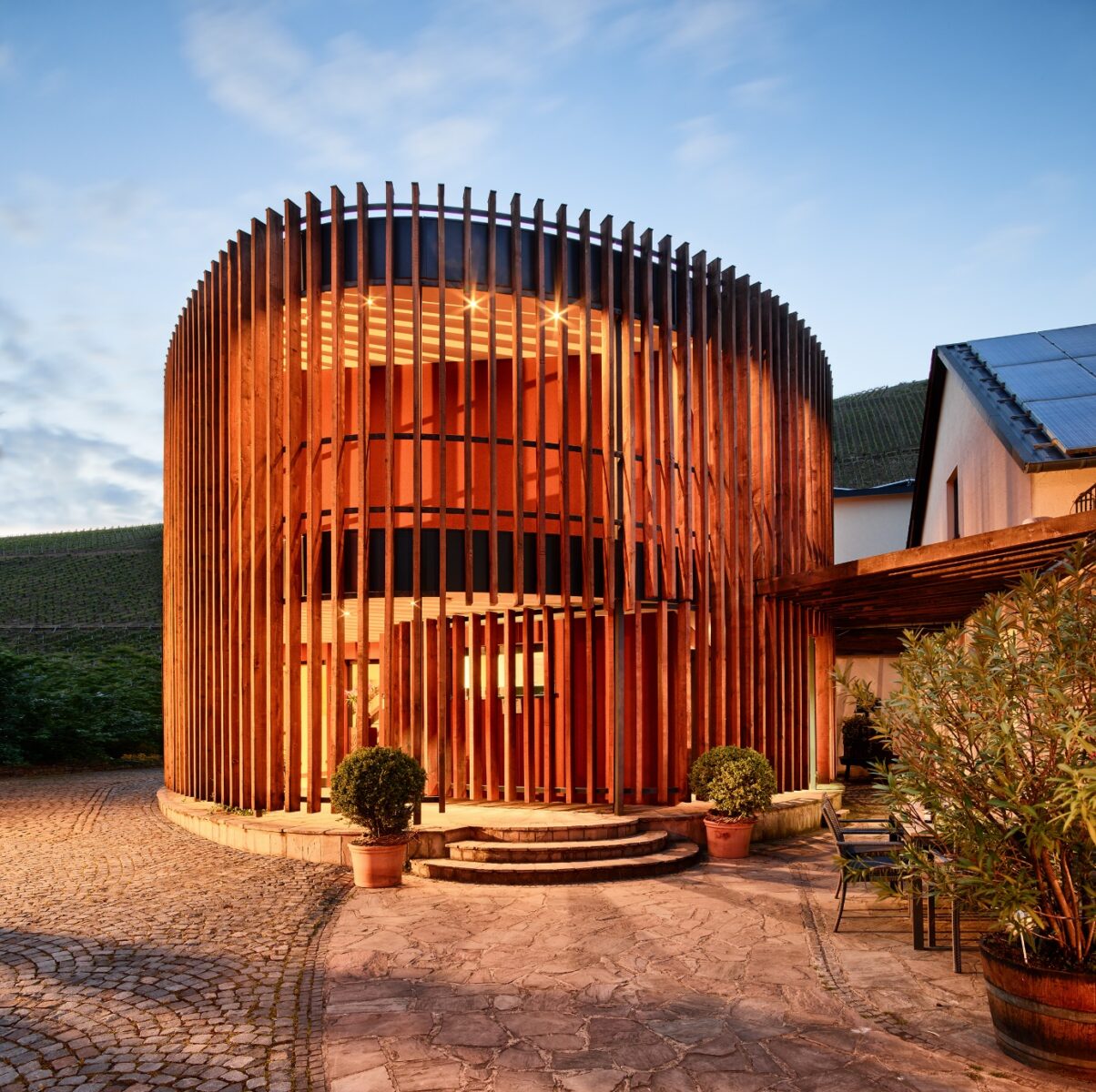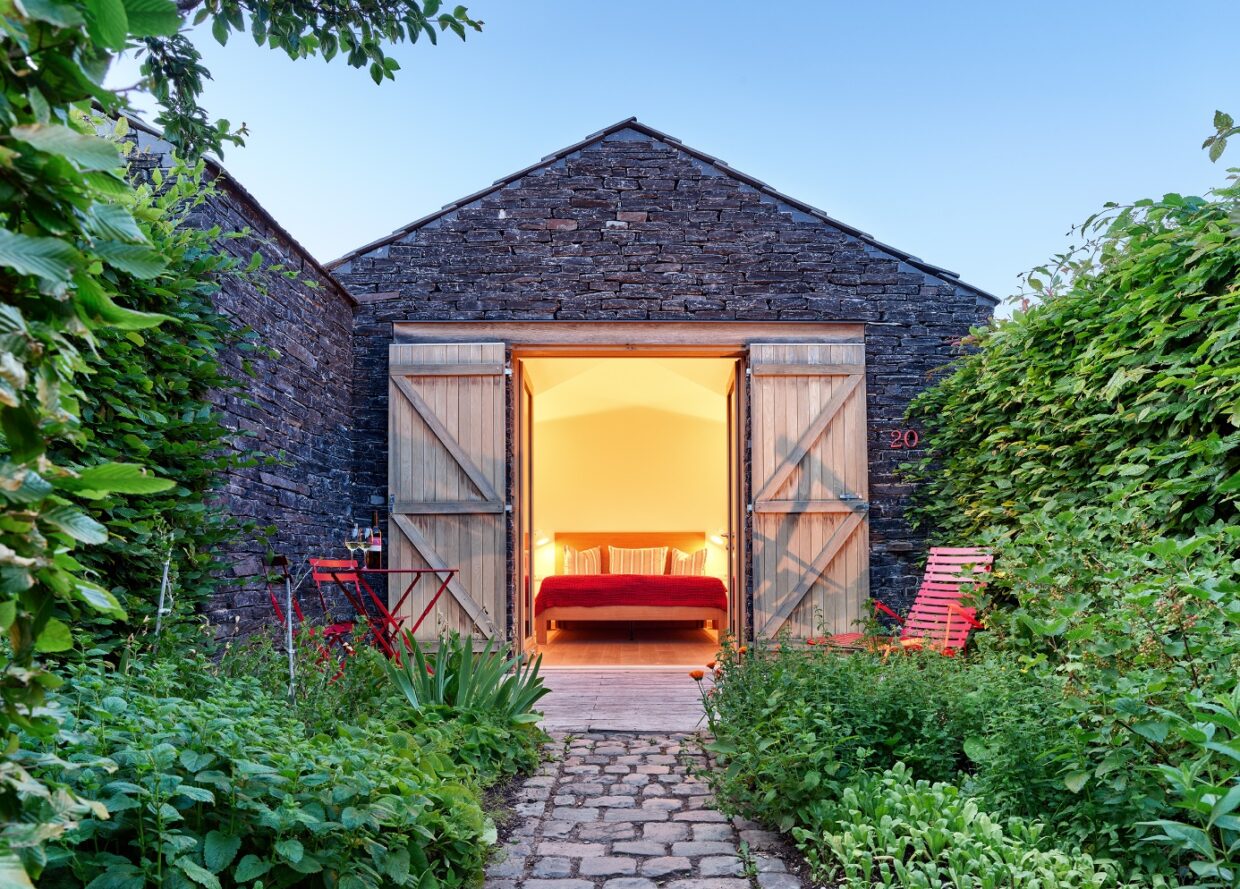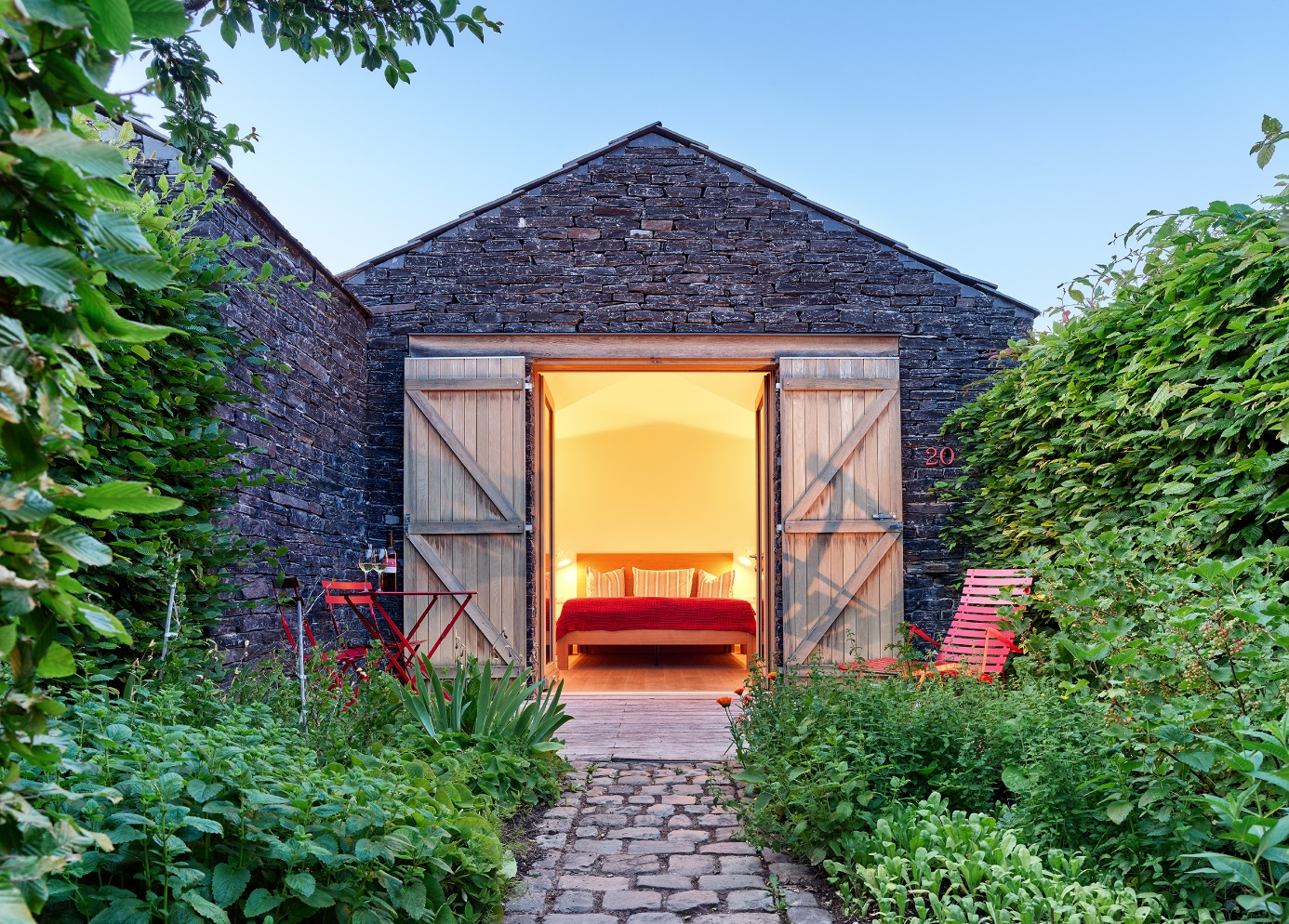The importance of sustainable construction is growing both in new builds and increasingly in the renovation of buildings. However, this is primarily understood to mean ecological and economic sustainability.
Sustainable buildings require as little energy as possible and also use renewable energies. Heat losses are reduced through optimized insulation and combined with efficient systems and building technology for heat recovery. The right choice of building products that are safe for health and the environment is particularly important both in the manufacture and subsequent disposal of the materials.
Sustainable construction has been practiced in the wine industry for some time. The focus here is not only on residential buildings, but also on commercial buildings. The choice of location is already the first step towards a sustainable orientation.
- Is the property easily accessible?
- Are the operating processes optimally guaranteed by the location?
- Is future expansion possible?
- Can gravity be used as an important supporting factor in wine production?
- Is surface sealing reduced as much as possible?
The answers to these questions usually already lead to a minimization of energy requirements in the use phase through structural optimization.

The choice of building materials – often clearly visible in the outer shell of the building – is another important factor in ecological construction. This involves the use of reusable or recyclable building products and materials, the use of materials that have the lowest possible environmental impact during production and the use of sustainably produced, renewable raw materials (e.g. wood). Regional materials such as oak, as a local type of wood, and slate and granite, as locally available stones, are preferred for the architecture of wineries in particular.

In addition to building materials, there are also issues of energy and water consumption and their provision. The use of energy-efficient technical equipment to condition the rooms and the use of renewable energy sources is the basis for the energy issue here. When it comes to water, the focus is on the retention and use of rainwater and water-reduced production processes.
Sustainable construction is therefore an important building block in the wine industry, which not only influences the architecture but also, above all, the communication with the customer through its external impact and is ideally as timeless and long-term as possible.


